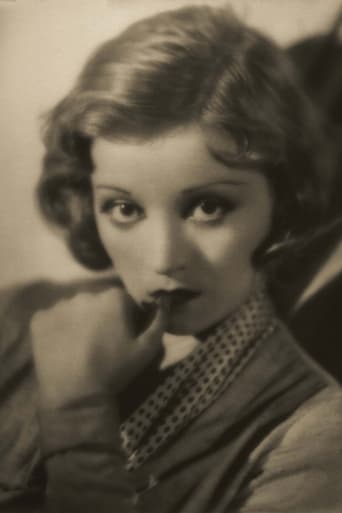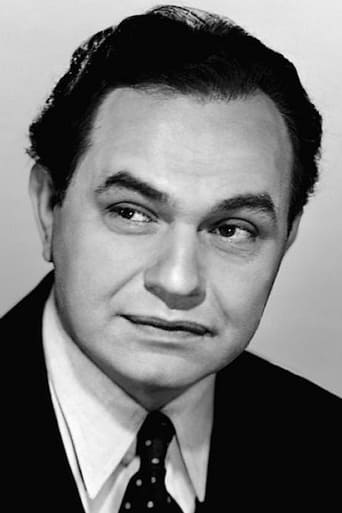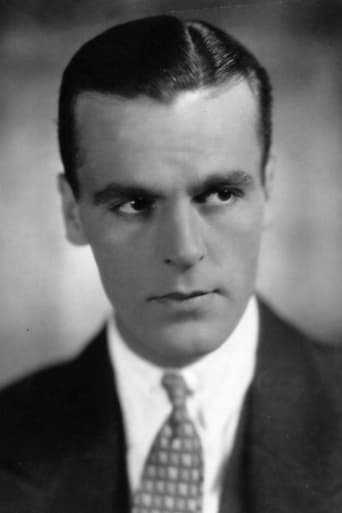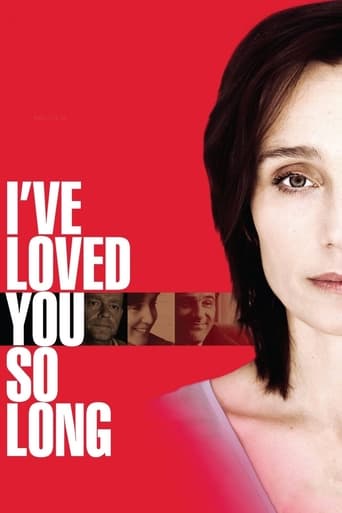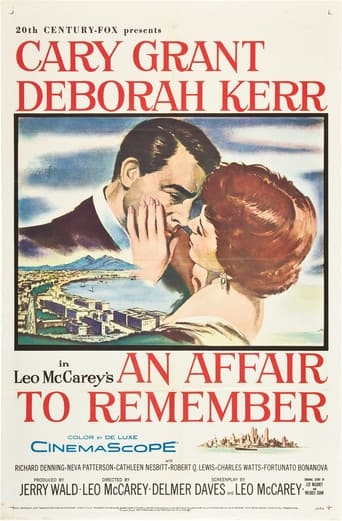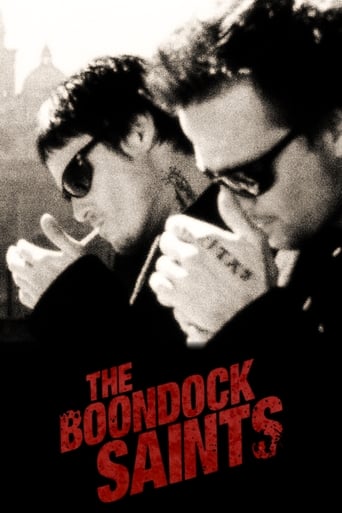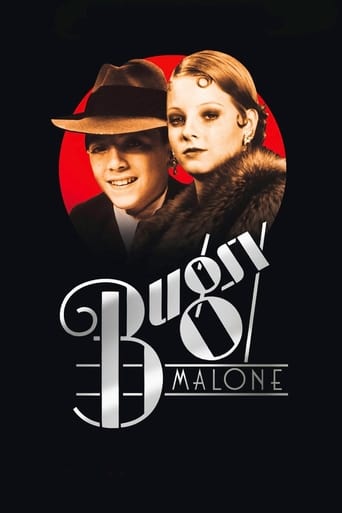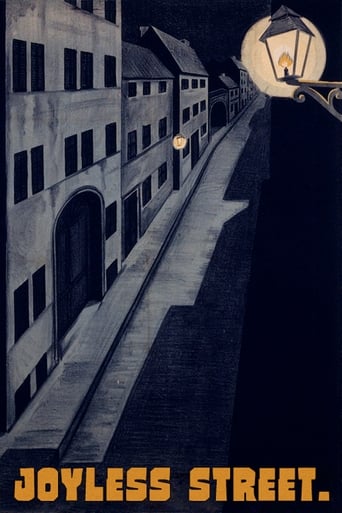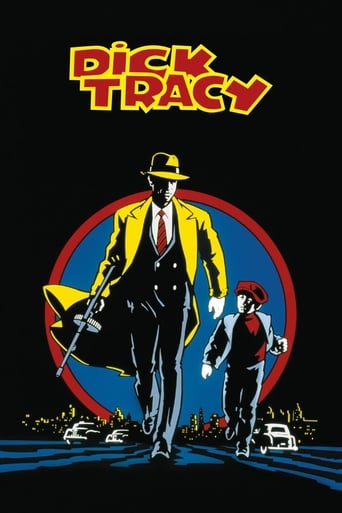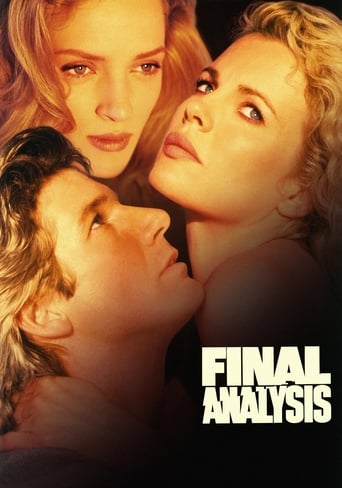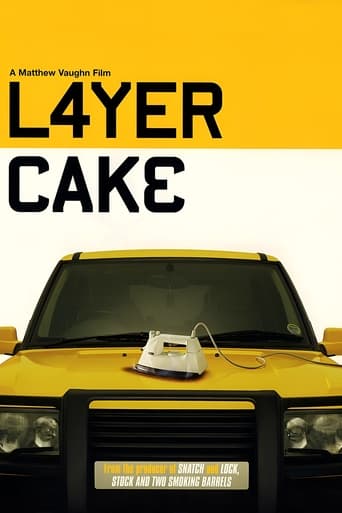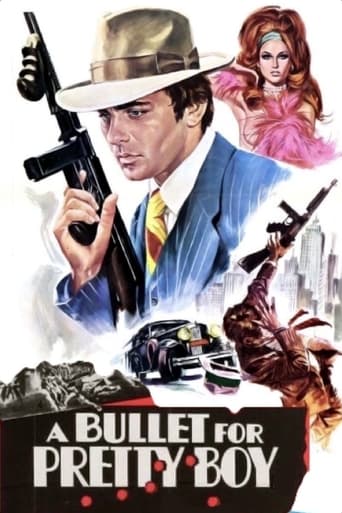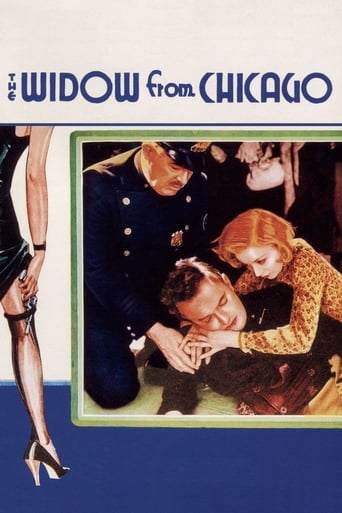
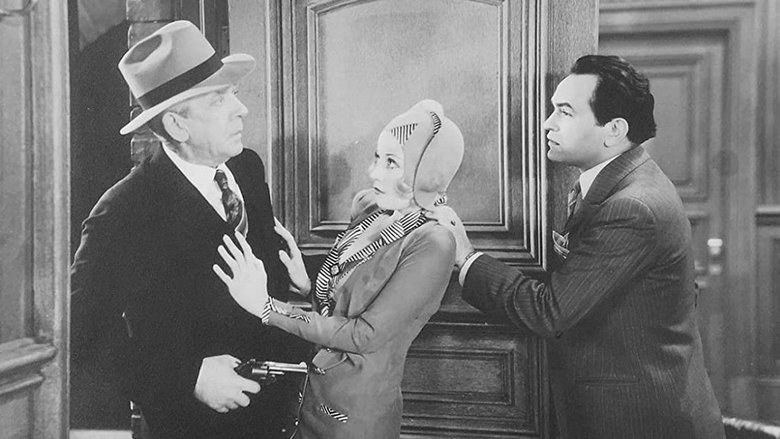
The Widow from Chicago (1930)
A woman infiltrates a criminal mob to avenge her brother's death.
Watch Trailer
Cast


Similar titles
Reviews
Excellent but underrated film
Absolutely brilliant
One of the worst ways to make a cult movie is to set out to make a cult movie.
The thing I enjoyed most about the film is the fact that it doesn't shy away from being a super-sized-cliche;
For the crime buff, Warner Brothers is undoubtedly the most interesting of the major Hollywood studios. Right from the very start, the Brothers established a tradition of hard-hitting realism that left other studios for dead. Of course, it's problematic if the film-makers would have continued in this vein if their socially-conscious product hadn't also been extremely popular with audiences. No doubt titivating titles like Why Girls Leave Home helped. This 1921 account of the big city's corrupting influence was not only the studio's first feature film, but its first big success. The Warners followed with Parted Curtains, the first in a long succession of hard, grittily realistic movies about crime and criminals. Even their third offering, School Days, had nothing to do with the type of school the title brings to mind. It's no accident therefore that down the track Warner Brothers became home to the screen's three greatest gangster icons: Edward G. Robinson, James Cagney and Humphrey Bogart. All three made interesting "B" movies before their stars became firmly established. Robinson joined the super-star ranks with his Little Caesar (1930), Cagney leapt into fame in the title role of The Public Enemy (1931), whilst Bogart refined his definitive gangster in The Petrified Forest (1936). Made immediately before Little Caesar, The Widow from Chicago already finds Robinson on familiar ground. Third billed, he plays a ruthless liquor lord, determined to kill off his rivals for control of the city. One of his victims is an undercover police detective. The cop's sister decides to avenge her brother by getting the goods on Robinson herself. She takes a job in his speakeasy. The plot then develops along familiar lines, although a few unexpectedly suspenseful (if unlikely) twists keep interest high right through to a thrillingly-staged action climax. In the acting department, Robinson easily walks away with the movie. His characterization of the gangster is already fully developed, all his familiar mannerisms of speech and gesture firmly in place. Unfortunately, the other principals, particularly pouting, mousey-voiced Alice White as the widow and relentlessly wooden Neil Hamilton as the good/bad hero, are a sorry lot. I picked comic Frank McHugh as the best of a poor bunch. His interpretation of this standard dumb stooge becomes not only disturbing but oddly sympathetic. At the climax when he neatly corners himself in a patrol wagon, you can't help feeling a bit sorry for him. Hes just a friendly, loyal but not overbright guy who's grown up and lived with the mob all his life. Society has never given him a chance. Although obviously struggling with the demands of sound in many of the dialogue encounters, director Edward Cline really comes to life once the camera moves into the action spots. The climax rates as an absolute stunner, yet it's not way over the top as the similar finish to M-G-M's The Beast of the City where guns popped and cops dropped all over the place. Just one killer in the spotlight here, but what a spotlight! The equally convincing street scenes were doubtless all filmed on the studio's back lot, but they retain the gritty, mean feel of real streets filled with real slum-dwelling, Depression-era people.
I often wondered whatever happened to Alice White, one minute she was the top cutie, the next she had barely any lines in "Murder at Midnight". Then I read where she was causing all sorts of difficulties at First National, being a demanding diva, so when Warner Bros. took control she was quietly shown the door. She did make a comeback playing typical pre-code babes but in her hey day she was everything the public wanted in a movie cutie. Not only did she have the rare privilege of being billed above Edward G. Robinson, she had the rarer distinction of being probably the only person who could make a joke about his lack of height, laugh and get away with it. It all happened in "The Widow From Chicago". Things may have happened for Robinson immediately after this but for now Alice was the star.This is a snappy little movie, Edward G. Robinson is as intense and gives 100% as usual but Alice White and Neil Hamilton have great chemistry and keep the mood light. When Polly's policeman brother is killed trying to impersonate "Swifty" Dorgan, who was last seen jumping into the East River and is presumed dead, Polly becomes "the widow from Chicago" and tries to infiltrate Dominic's (Robinson) empire. The fun starts when "Swifty" (Hamilton) returns from the dead and finds his "wife", much to his surprise is "Palpitating Polly" a dance hall hostess working in Dominic's Crystal Palace Club. He plays along with it - Polly is palpitatingly cute enough to make every man's heart flutter, including Dominic's. Being a pre-coder the wise cracks fall thick and fast - "I'm going to give her a piece of my mind - don't do it, you can't spare it" and "I don't think I recognise her - you ought to you got a good look"!!! But it is surprisingly tame on risqué business - Alice isn't seen in her underwear once!!! There is a scene where "Swifty" tries to impose his husbandly duties (Hamilton is so cute) but Polly isn't having any of that - then "Swifty" spies his missing grip and realises Polly is more than just a pretty face!!!Understandably Robinson is the dominant player, it was only a small stepping stone from Dominic to Rico, all the intensity and mannerisms are there. In this movie he plays a beer baron who is all set to send Polly over to a rival club, whose manager will not buy his "poison", and set up a murder when her dear, departed "Swifty" shows up. By the time "Swifty" is sent over to the club posing as a waiter, Polly, who has learned to care about him, follows him and proves she has the guts and smarts to become either an ace reporter or even a police commissioner!! The thrilling climax has Polly using her big brown eyes to convince Dominic he is the one for her and with the phone off the hook by the aid of a matchstick, the police can all listen in as Dominic confesses to several murders.Robinson was far more relaxed and camera easy than he was in "The Hole in the Wall" and 1930 gave him a variety of roles, including a couple of gangsters, an Italian immigrant and an Oriental. After "The Widow From Chicago" he returned to Broadway for "Mr. Samuel" and after it folded he traveled to Hollywood for "Little Caesar" and didn't return to the stage for over 20 years.Mistake Alert - There is a poster advertising "Palpitating Polly" at the club long before Polly even seeks employment there.
Widow from Chicago, The (1930) ** (out of 4) Early gangster film from Warner has Alice White playing Polly Henderson, a woman who sees her brother get gunned down by a bunch of thugs. The woman pretends to be the widow of another gangster who is presumed dead and she crashes in on thug Dominic (Edward G. Robinson) to try and find out who killed her brother. THE WIDOW FROM CHICAGO is a fairly entertaining film that's going to mainly play to those who want to see Robinson in the role of a gangster a year before he became a star with LITTLE CAESAR. There's really nothing to compare in terms of the two performances as it's clear Robinson was still trying to find it acting chops. He's certainly good here but it's easy to see why this film didn't make him a star. It should go without saying but there's very little going on with the screenplay other than a few twists and turns that most viewers are going to pick up on long before they happen. The screenplay itself is pretty silly as there are all sorts of wacky things that happen including the entire bit with the real gangster (Neil Hamilton) who's supposed to be dead showing back up and throwing a wrench in the plans of White. The twist in what happens to Robinson is downright silly and so far-fetched that you almost have to laugh at it. As for White, she's certainly not in the same league as the legends from this era and while her performance is far less from what I'd consider good, there's no doubt that she has a presence on the screen. Her and Robinson do fine work together and certainly help the weak material. The supporting cast offers up Frank McHugh playing the comic bit but he doesn't get a chance to do too much. In the end this is a pretty forgettable film but the addition of Robinson makes it worth viewing for fans of his or the genre.
Edward G. Robinson and Alice White star in this early Warner Bros. gangster flick. White is the sister of a murdered policeman, and she sets out to find her brother's killer by impersonating the widow of a dead gangster and cozying up to Robinson, a rackets boss. There are even more complications in this, frankly, badly directed film (Edward F. Cline fared much better as a comedy director at Universal later in his career), several of the supporting performances are either weak or hammy, the film tends to meander and has quite a few dead spots, but Robinson and the unjustly neglected (and very sexy) Alice White do quite well despite the convoluted plot. It's main interest is as a precursor to the classic WB '30s gangster films, and you can see the famous Warners style emerging. It's just a pity that the film itself is so mediocre. It's worth a look to see where Warners was going with the gangster genre, and you can see a lot of Joan Blondell in the vivacious Alice White, but other than that, it's nothing really special, and doesn't hold a candle to Robinson's later work in "Little Caesar" and "Smart Money," which came out a year later.


